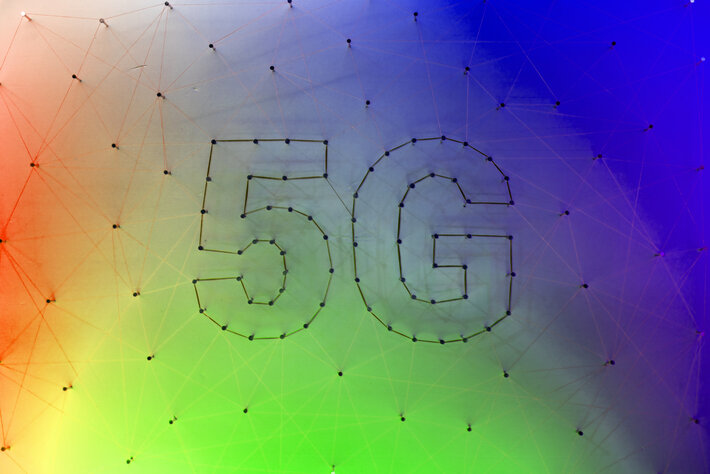The news that NEC Corporation is to buy Convergys’ Information Management business and integrate it into its NetCracker business is symptomatic of a need in the market for small and mid-sized telecoms software vendors to become larger and bring integrated solutions that address more, if not all, of the OSS/BSS stack, together.
That’s the main reason for the acquisition, Sanjay Mewada, vice president of strategy at NetCracker, told VanillaPlus. “Absolutely, the end-to-end aspect is increasingly important. If you take fulfillment as a domain, there was a time when CSPs bought best of breed solutions for order management, inventory management, workflow and all the other functions and had an army of systems integrators to integrate it all and thread it together. It’s increasingly not possible to do that not because there is limited money and fewer people available but because vendor solutions have got to a point where their end-to-end offerings are very, very good.”
“Who’s going to buy solutions a slice at a time when they can buy end-to-end fulfillment as a footprint?” asked Mewada. “The trend continues to accelerate in tier two and tier three CSPs and we certainly see end-to-end OSS/BSS platforms being in great demand. That end-to-end capability is certainly a driver for the deal and we will have a very powerful and important presence in the BSS market following its’ completion.”
Part of the rationale behind NEC’s acquisition of NetCracker in 2008 was that the Japanese vendor has its own range of BSS products that had achieved sales in Japan and Asia. Were there integration issues? No, said Mewada: “The Convergys deal gives us over 150 customers straight off the bat. It allows us to make a sustained and strong play in the OSS/BSS as a standalone entity. It enables us to leapfrog the company’s development – gaining 150 customers would take a while.”
The existing NetCracker business is about half the size of Convergys’ Information Management business. Mewada sees combining the two as critical in bringing the company up to a scale where it can compete with the largest providers. Will NetCracker start to resemble a big specialist vendor such as Amdocs? “Ultimately, it will go that way but with one critical difference,” said Mewada. “We started out as a software products company and that’s our pedigree. Convergys is also very product centric so we will not build custom solutions on a customer-by-customer basis. The NetCracker product used by one customer is the same as that used by another. We’ll continue to emphasise productised value and the COTS approach. That will be the fundamental differentiator.”
Even if the transaction isn’t quite a minnow-swallows-whale story – in fact, it’s more of a cod swallows tuna story – there will still be a substantial and complex integration to go through. “Integration’s always an important part of an acquisition and for us it is certainly important and critical but it’s not going to be as big a challenge as generally perceived for a couple of reasons,” added Mewada. “We’re as global as Convergys is and NetCracker is part of NEC. NEC’s a US$40bn company and we have its help and support. There’s also the nature of the business to consider. We haven’t gone out and bought an equipment vendor, for example. The line of business isn’t fundamentally different so there isn’t a huge shift in culture to adapt to.”
Finally, the Convergys IM business can trace its roots back to Geneva Technologies, the UK-based business acquired by Convergys in 2001 for US$700m. In that light, has NetCracker bought a bargain? “You have to compare apples to apples when you look at valuations,” said Mewada. “It can be misleading to look at absolute numbers. For instance a $20 stock transaction versus a $10 cash deal could see the $10 cash make more sense to a vendor or vice versa. There were 80 to 100 companies active in OSS in 2000, 80 or 90% of those are gone but Geneva continues to solve meaningful problems for CSP users so the message is that companies come and go but the measure of success is whether the technology they created disappeared as well. Geneva’s technology is still here.”
By George Malim





